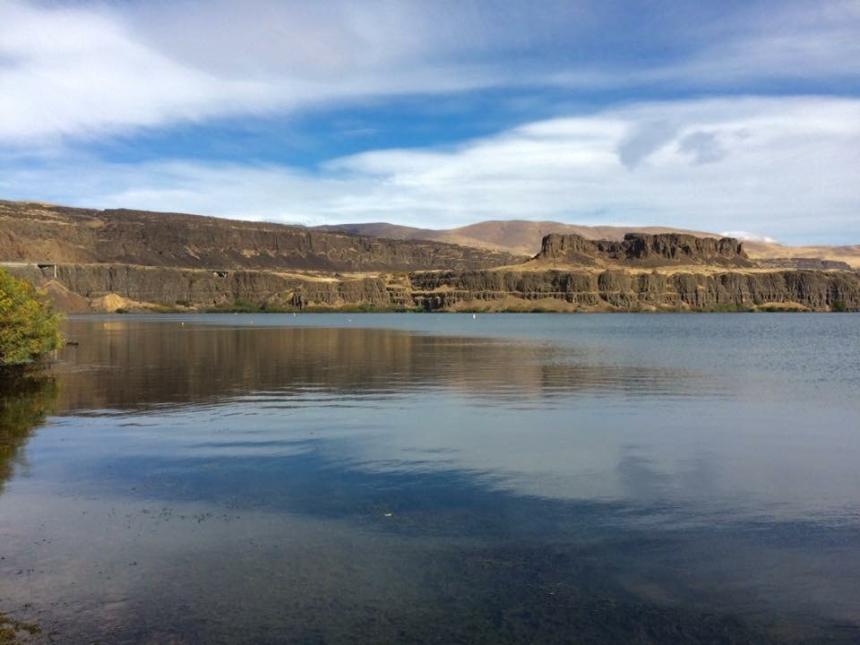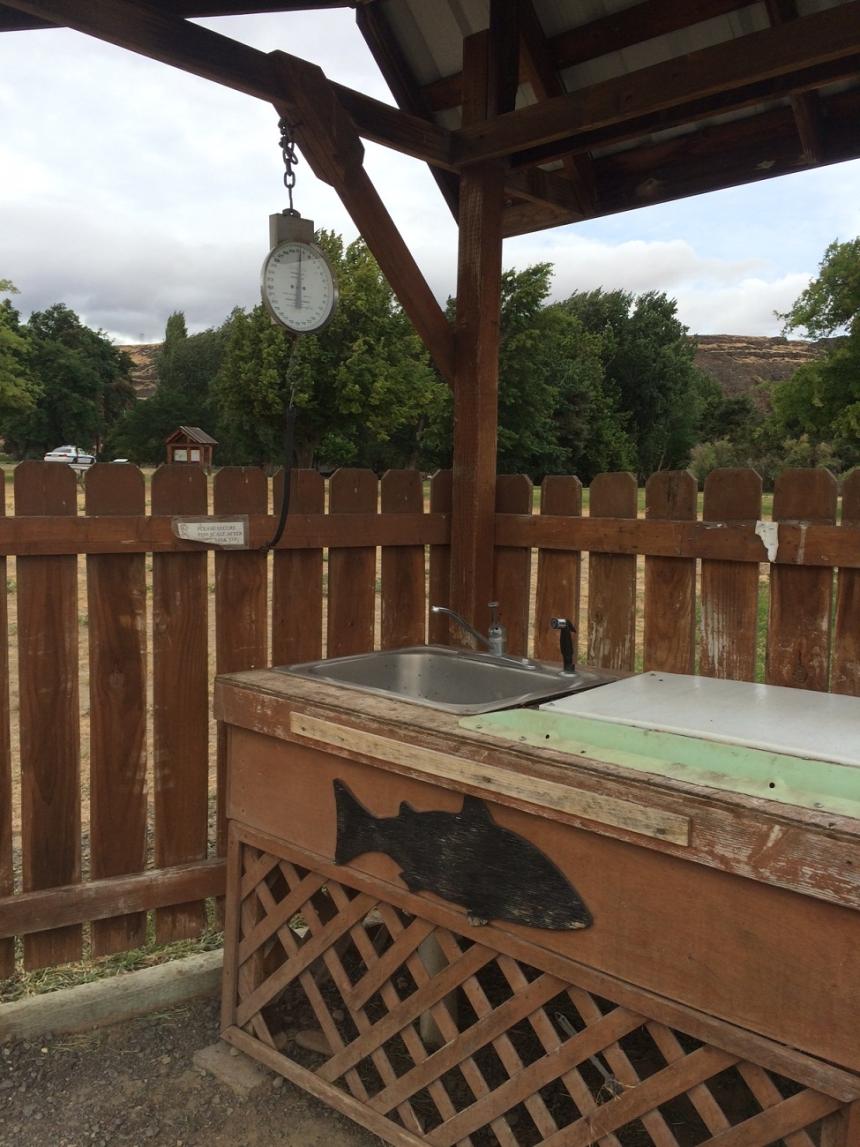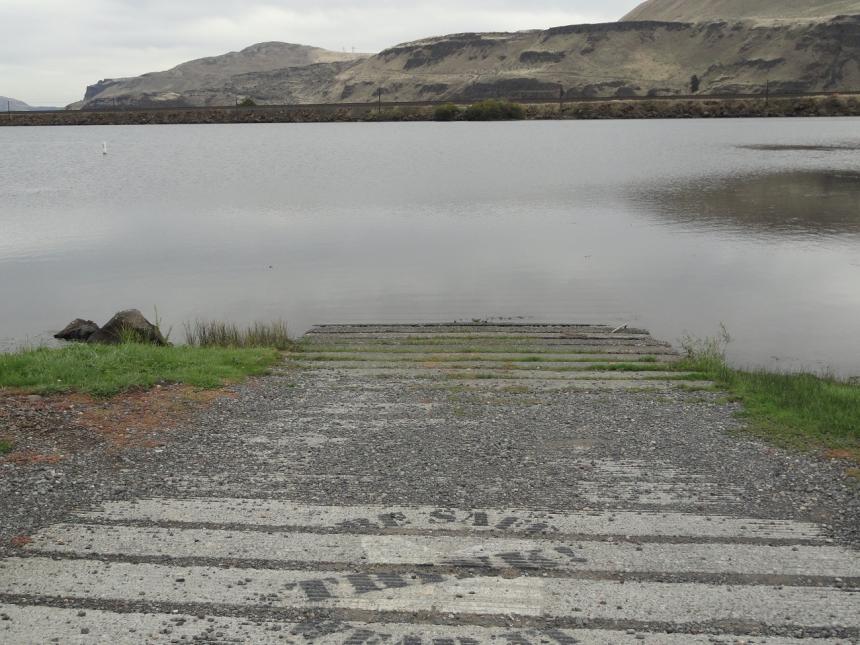Horsethief has been planted with rainbow trout since the 1960s. Due to the fact that it is connected to the Columbia River, there is a wide variety of fish species that can be available to anglers. The lake is located in Horsethief State Park near Lyle between the Columbia River and Highway SR-14.
The lake is planted with thousands of catchable rainbow trout in spring, plus about 100 rainbow broodstock. Several thousand more catchable rainbow are planted before Memorial Day.
Horsethief Lake also contains largemouth bass, bluegill, crappie, bullheads and an occasional walleye. A public boat launch, picnic, and camping facilities are available at the Columbia Hills Historical State Park. A Discover Pass is required. Check with the Washington State Parks and Recreation Commission for park opening and closing dates.
Two-pole fishing is allowed
Shoreline access: Good - Shore access is available in the park.
Species you might catch
- Black crappie
- Bluegill
- Brown bullhead
- Common carp
- Largemouth bass
- Northern pikeminnow
- Pumpkinseed Sunfish
- Rainbow trout
- Walleye
- Warmouth
- White crappie
- Yellow perch
Lake information
County: Klickitat
Acreage: 84.50 ac.
Elevation: 163 ft.
Center: 45.645527, -121.102979
Open in Google Maps
Catchable fish plants
| Stock Date | Species | Number Released | Number of Fish Per Pound | Facility |
|---|---|---|---|---|
| Feb 5, 2021 | Rainbow | 101 | 0.25 | GOLDENDALE HATCHERY |
| Feb 5, 2021 | Rainbow | 20 | 0.12 | GOLDENDALE HATCHERY |
| Dec 16, 2020 | Rainbow | 100 | 0.25 | GOLDENDALE HATCHERY |
| Dec 16, 2020 | Rainbow | 50 | 0.12 | GOLDENDALE HATCHERY |
| Apr 30, 2020 | Rainbow | 4,000 | 2.27 | GOLDENDALE HATCHERY |
| Apr 7, 2020 | Rainbow | 1,508 | 2.55 | GOLDENDALE HATCHERY |
| Apr 7, 2020 | Rainbow | 1,354 | 2.44 | GOLDENDALE HATCHERY |
| Apr 2, 2020 | Rainbow | 3,000 | 2.52 | GOLDENDALE HATCHERY |
| Apr 1, 2020 | Rainbow | 3,000 | 2.3 | GOLDENDALE HATCHERY |
| Mar 27, 2020 | Rainbow | 47 | 0.2 | GOLDENDALE HATCHERY |
Fishing prospects calendar
Rainbow trout
Largemouth bass
Walleye
Yellow perch
Black crappie
Bluegill
Pumpkinseed Sunfish
Brown bullhead
Northern pikeminnow
Photos


